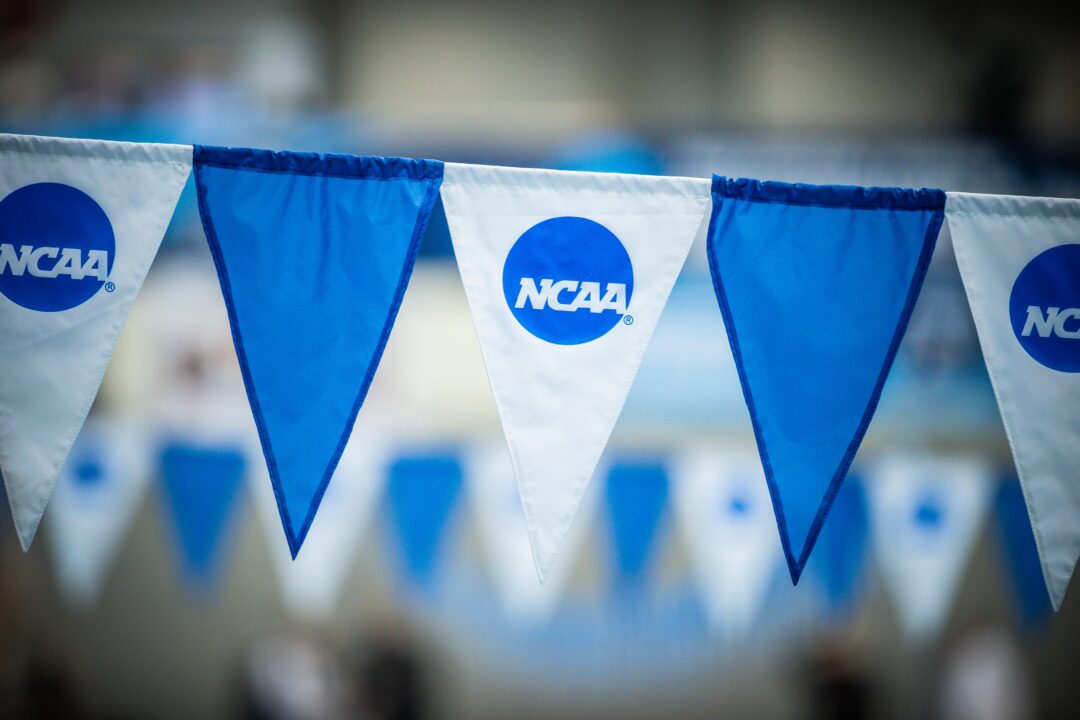The NCAA’s slow process of modernization is beginning to accelerate under new president Charlie Baker.
On Thursday, the Division I Council was tasked with developing recommendations based on Baker’s “Project DI” framework, which features three key elements:
- Allowing schools to offer enhanced educational benefits at any level they deem appropriate.
- Allowing schools to enter into name, image and likeness agreements with student-athletes.
- Establishing a subdivision within Division I that would allow higher-resourced schools to provide additional financial support for college athletes — in compliance with Title IX requirements — and create rules that may differ from other programs in Division I.
The third point is perhaps the most significant, paving the way for a new subdivision where schools will be required to pay athletes thousands of dollars in additional “educationally related” funds with no limitations. Schools must invest $30,000 per year per athlete for at least half of their countable athletes and adhere to Title IX when distributing payments.
“It kick-starts a long-overdue conversation among the membership that focuses on the differences that exist between schools, conferences and divisions and how to create more permissive and flexible rules across the NCAA that put student-athletes first,” Baker wrote last month. “Colleges and universities need to be more flexible, and the NCAA needs to be more flexible, too.”
“The DI Board appreciated President Baker’s proactive approach to begin a membership-wide conversation about continuing to modernize the way we support student-athletes,” said Jere Morehead, chair of the board and president at the University of Georgia. “The time is right for us to take up these policies in earnest, and the board looks forward to the conversations in the year ahead.”
NCAA Increasing Per-Diem Payments
While the Division I Council works toward more long-term solutions for college athletes, the Division I Board of Directors also approved a Transformation Committee recommendation that should make a small impact in the short term.
The NCAA is increasing per-diem payments — meant to help cover hotel, meals, parking, and any other incidental expenses — at NCAA Championships starting during the 2024-25 academic year.
“The decision by the Finance Committee to increase per diems at NCAA championships is another good step to benefit the experiences of college athletes,” said Cody Shimp, chair of the Division I Student-Athlete Advisory Committee.
The NCAA’s press release did not specify the amount of the increased per-diem payment, but the Transformation Committee recommended raising all rates to match what Division I basketball players receive in opening rounds: $215 in “regular” cities and $315 in “high-cost” cities. For swimmers and divers, that’s a pretty substantial increase from $16o in “regular” cities and $230 in “high-cost” cities.
The NCAA currently lists 16 cities in their “high-cost” category: Los Angeles, Santa Barbara, San Jose, San Francisco, Oakland, Miami, Denver, Seattle, Portland, Washington, D.C., New York (all boroughs), and White Plains, N.Y.
The Transformation Committee also recommended that the NCAA reimburse for local ground transportation when a team travels by air and standardize the process and fee structure for upgrading to charter air travel, but the NCAA’s press release did not offer an update on those topics.

Suggest that student/athletes in non-revenue sports such as track & field, wrestling, water sports, and many others, be allowed to place prize money won in non NCAA competition in “Escrow” accounts that can be used for non NCAA meet and training expenses while undergrads. Today many undergrad athletes are forced to turn Pro before graduation due to the cost of competing in elite non NCAA competitions. This is unfair to the athletes. This change is particularly important in an Olympic year.
That rule actually exists already. Athletes can take money to offset travel and training expenses.
But can the balance be placed in an escrow type account for future expenses or for use after they finish their NCAA eligibility?